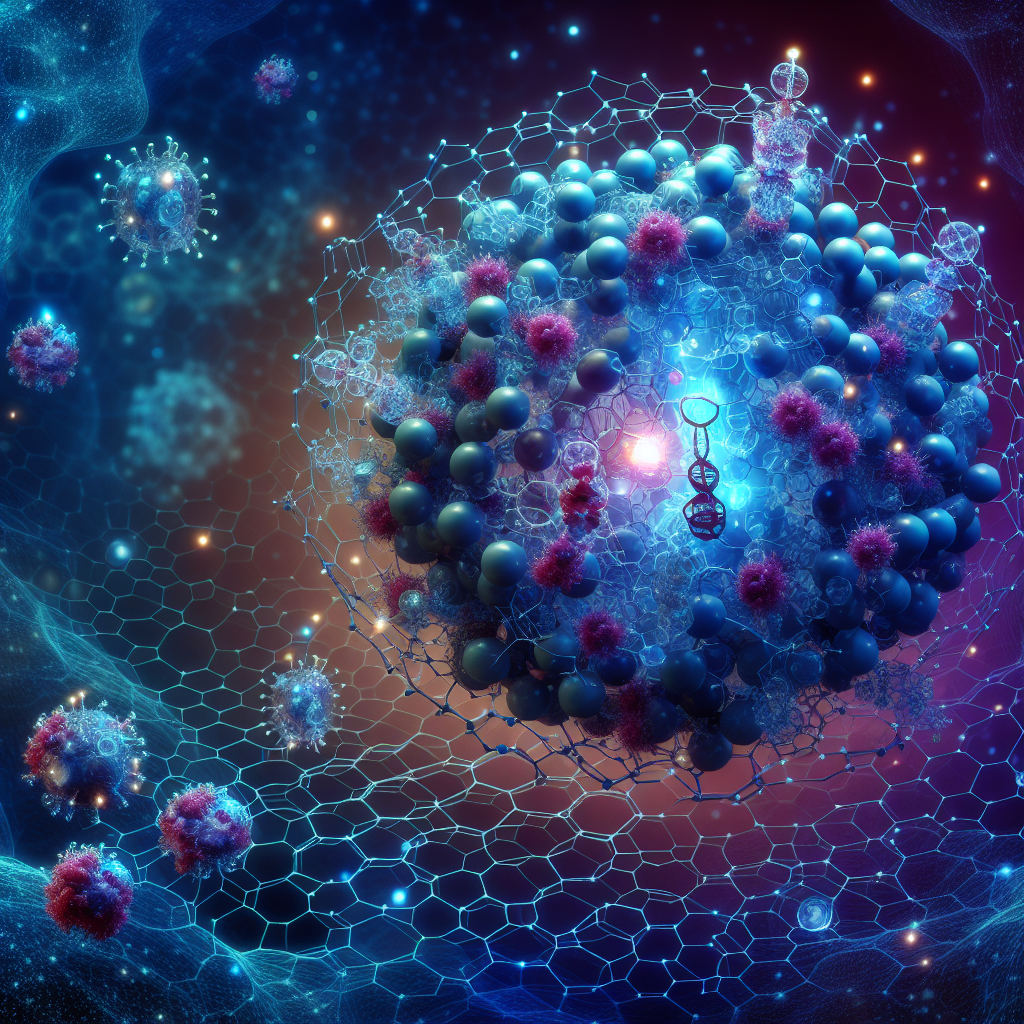IISc Researchers Pioneer Enzymatic Pathway to Sustainable Biofuels
Researchers at the Indian Institute of Science have developed an enzymatic platform that transforms inexpensive fatty acids into valuable hydrocarbons, potentially revolutionizing sustainable biofuels and polymer industries.

- Country:
- India
Bengaluru: Researchers at the Indian Institute of Science's Department of Inorganic and Physical Chemistry have unveiled a groundbreaking enzymatic platform. The innovation promises to convert naturally abundant and cost-effective fatty acids into 1-alkenes, valuable hydrocarbons that hold potential as sustainable biofuels, according to a press release.
In light of the diminishing and polluting fossil fuel reserves, scientists are vigorously examining sustainable fuel alternatives. These hydrocarbons could serve as 'drop-in' biofuels. They are compatible with existing fuel infrastructures, as per the IISc's findings.
The synthetic process can be scaled using microorganism 'factories,' where enzymes play a crucial role in mass-producing these hydrocarbons, thus making them desirable for polymer, detergent, and lubricant industries, IISc noted.
Previously, the IISc team had characterized an enzyme, UndB, capable of swiftly converting fatty acids to 1-alkenes. However, the enzyme's activity was impeded by H₂O₂, a byproduct of the reaction. The team addressed this in their latest study, published in 'Science Advances,' by introducing catalase to neutralize H₂O₂, thereby boosting enzyme activity 19-fold.
Furthermore, the researchers engineered a chimeric protein by fusing UndB with catalase and expressed it in E.coli, transforming the bacteria into efficient biocatalysts under the right conditions. This approach faced challenges due to UndB's membrane-bound nature, which is problematic to work with and toxic to bacterial cells at high concentrations.
To refine their method, the team incorporated redox partner proteins like ferredoxin and ferredoxin reductase along with NADPH, achieving a conversion efficiency of up to 95%. This biocatalyst is highly specific, producing pure 1-alkenes without unwanted byproducts, making them suitable as direct biofuels.
The research also demonstrated the biocatalyst's versatility in converting various fatty acids and producing styrene, a significant chemical in polymer industries. The team has sought a patent and is looking to collaborate with industry partners for scaling up their platform.
(This story has not been edited by Devdiscourse staff and is auto-generated from a syndicated feed.)
ALSO READ
Prem Watsa Contributes $5 Million to IIT Madras for Brain Research
Working towards advanced, research-oriented higher education system: PM Modi at inauguration of new Nalanda University campus in Rajgir.
Air Pollution Amplifies Heart Disease Risk in Cancer Patients, Research Reveals
Biocytogen Secures U.S. Patent for Innovative RenLite Platform, Boosting Global Antibody Research
Punjab CM Bhagwant Mann Announces Bhagat Kabir Dham for Research into Sant Kabir's Legacy










